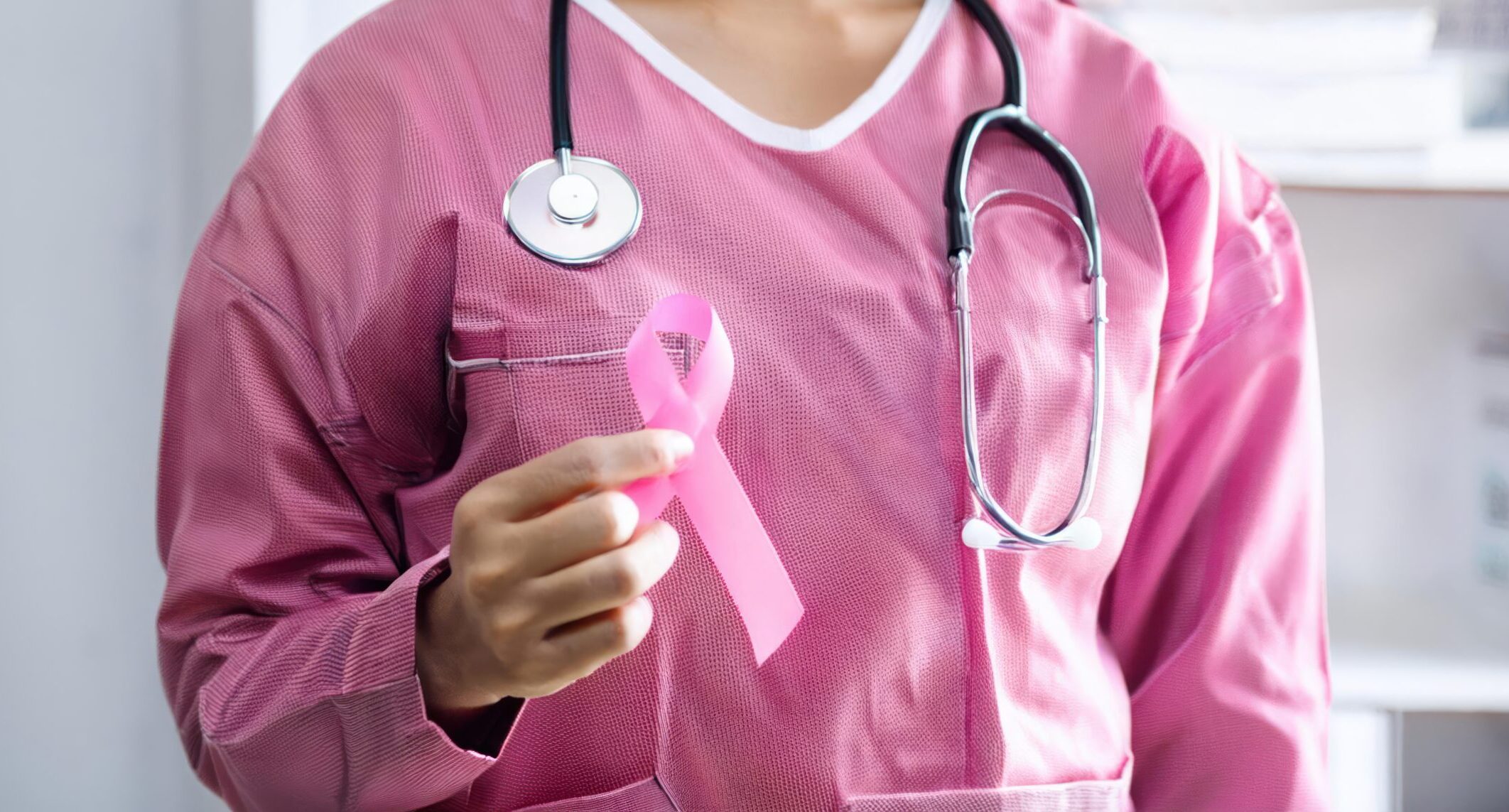Breast cancer remains one of the most prevalent cancers worldwide, affecting approximately 2.3 million women annually, according to the World Health Organization (WHO) . While factors such as age, lifestyle, and environmental exposures can increase the risk of breast cancer, genetics plays a particularly important role in some cases.
About 5-10% of breast cancer cases are thought to be hereditary, often linked to mutations in the BRCA1 and BRCA2 genes . These gene mutations significantly elevate the risk of developing breast and ovarian cancers. Understanding your genetic risk can be critical in making proactive health decisions, including preventive strategies and early detection.
In this blog, we will explore BRCA1 and BRCA2 genes, the impact of genetic mutations, and when you should consider getting tested.
BRCA1 and BRCA2 are tumor suppressor genes, meaning they help regulate cell growth and prevent cells from dividing too rapidly or in an uncontrolled way. Normally, these genes play a crucial role in repairing damaged DNA, which helps prevent cancer from developing. However, mutations in BRCA1 or BRCA2 can impair this function, increasing the risk of certain cancers, particularly breast and ovarian cancer.
Mutations in these genes can be inherited, meaning they can pass from one generation to the next. If you inherit a BRCA mutation from one of your parents, you are more likely to develop breast or ovarian cancer during your lifetime.
Women who carry a BRCA1 or BRCA2 mutation face a much higher risk of developing breast cancer compared to the general population. The average woman has about a 12% chance of being diagnosed with breast cancer in her lifetime, but this risk increases to around:
Additionally, women with BRCA mutations are at increased risk of developing a second primary breast cancer, even after successful treatment of the first cancer.
BRCA1 and BRCA2 mutations don’t only increase the risk of breast cancer. They also elevate the chances of developing other cancers, particularly ovarian cancer. Women with a BRCA1 mutation have a 39-46% chance of developing ovarian cancer, while those with a BRCA2 mutation have a 10-27% chance.
BRCA mutations have also been linked to an increased risk of other cancers, such as pancreatic cancer and, in men, prostate cancer.
BRCA1 and BRCA2 testing isn’t recommended for everyone. However, if you have certain risk factors, testing can help you make informed decisions about your health and cancer prevention strategies. Consider BRCA testing if you:
Your healthcare provider may also recommend genetic counselling before testing to help you understand the implications of the test results.
BRCA testing is a simple blood or saliva test that looks for mutations in the BRCA1 and BRCA2 genes. The results of the test can take a few weeks, and they fall into three categories:
A positive BRCA test result can be overwhelming, but it also empowers you to take proactive steps to manage your risk. Here are some options that may be discussed with your healthcare provider:
Genetic counselling is a critical part of the BRCA testing process. A genetic counsellor can help you understand your risk, the potential impact of the test results, and what steps you can take next. They can also offer emotional support and guide you through making difficult decisions about preventive measures.
It’s essential to acknowledge that genetic testing can be emotionally challenging. The possibility of learning that you carry a BRCA mutation may bring anxiety and fear, especially if you’ve watched loved ones battle cancer. Speaking with a genetic counsellor, therapist, or support group can help you process your feelings and make informed decisions about your health.
BRCA1 and BRCA2 mutations increase the risk of developing breast, ovarian, and other cancers, but knowledge is power. Genetic testing provides critical information that can guide you and your healthcare provider in making proactive choices about prevention, surveillance, or treatment.
If you have a family history of breast or ovarian cancer or meet other high-risk criteria, talk to your doctor about whether BRCA testing is right for you. By understanding your genetic risk, you can take steps to protect your health and potentially prevent cancer before it starts.
